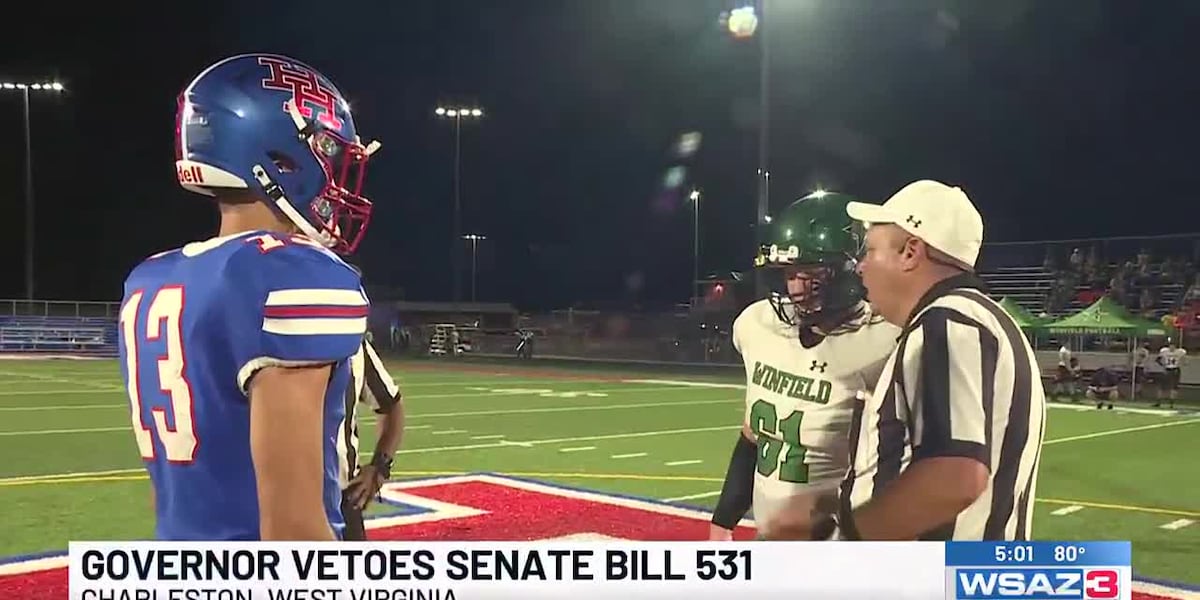Sideline Showdown: Governor Blocks Tougher Penalties for Sports Official Attacks

In the spirit of constructive dialogue, West Virginia State Sen. Mike Woelfel offers a refreshing perspective on collaboration and perseverance. "Reasonable minds can disagree, but that's where true progress begins," he explains. "Instead of becoming discouraged, we focus on improvement and keep moving forward, turning challenges into opportunities for growth."
